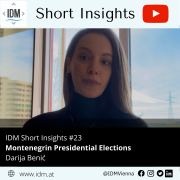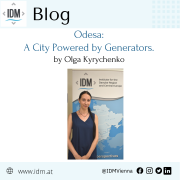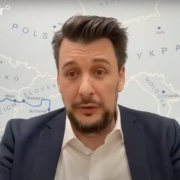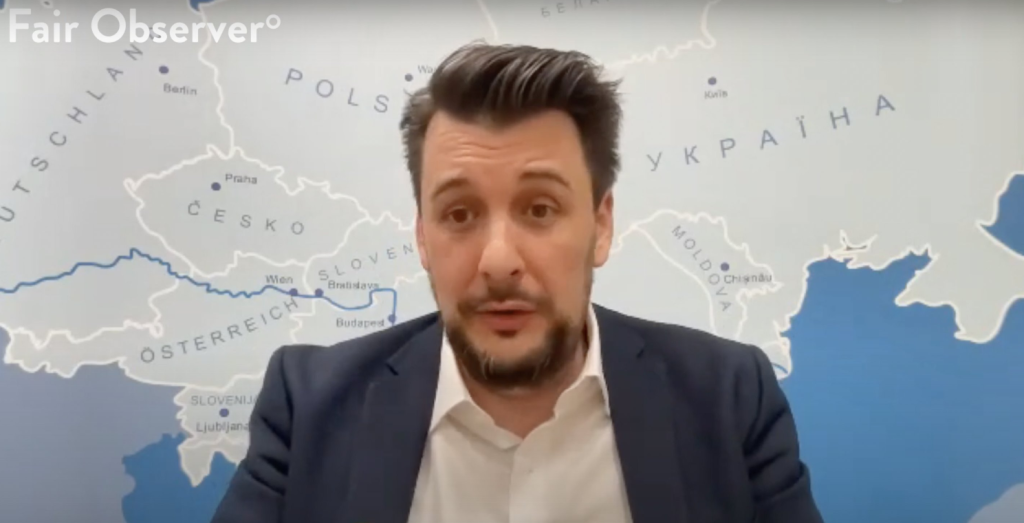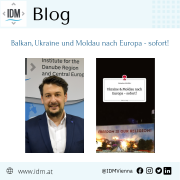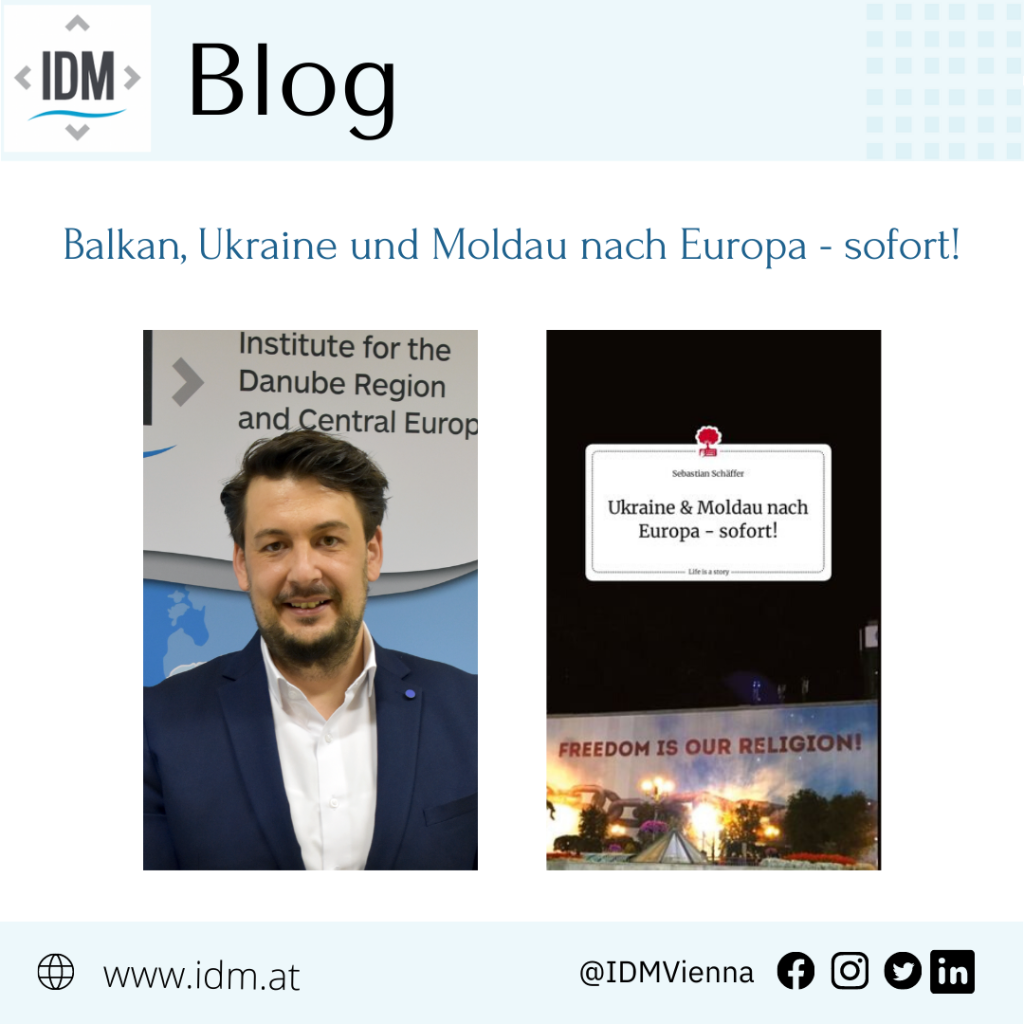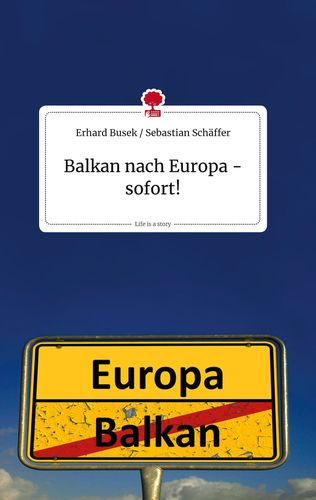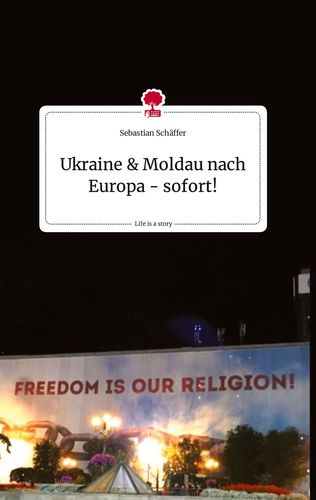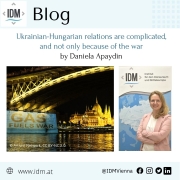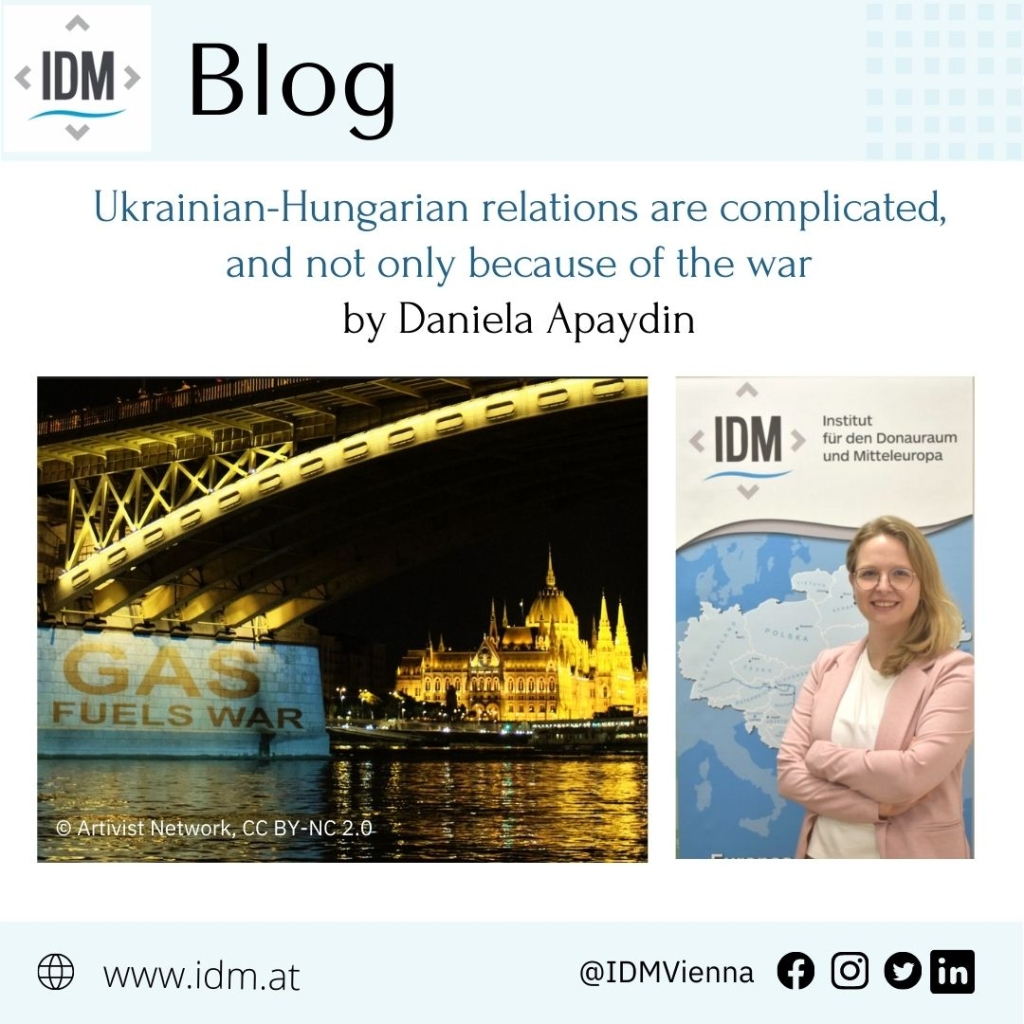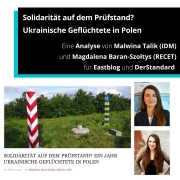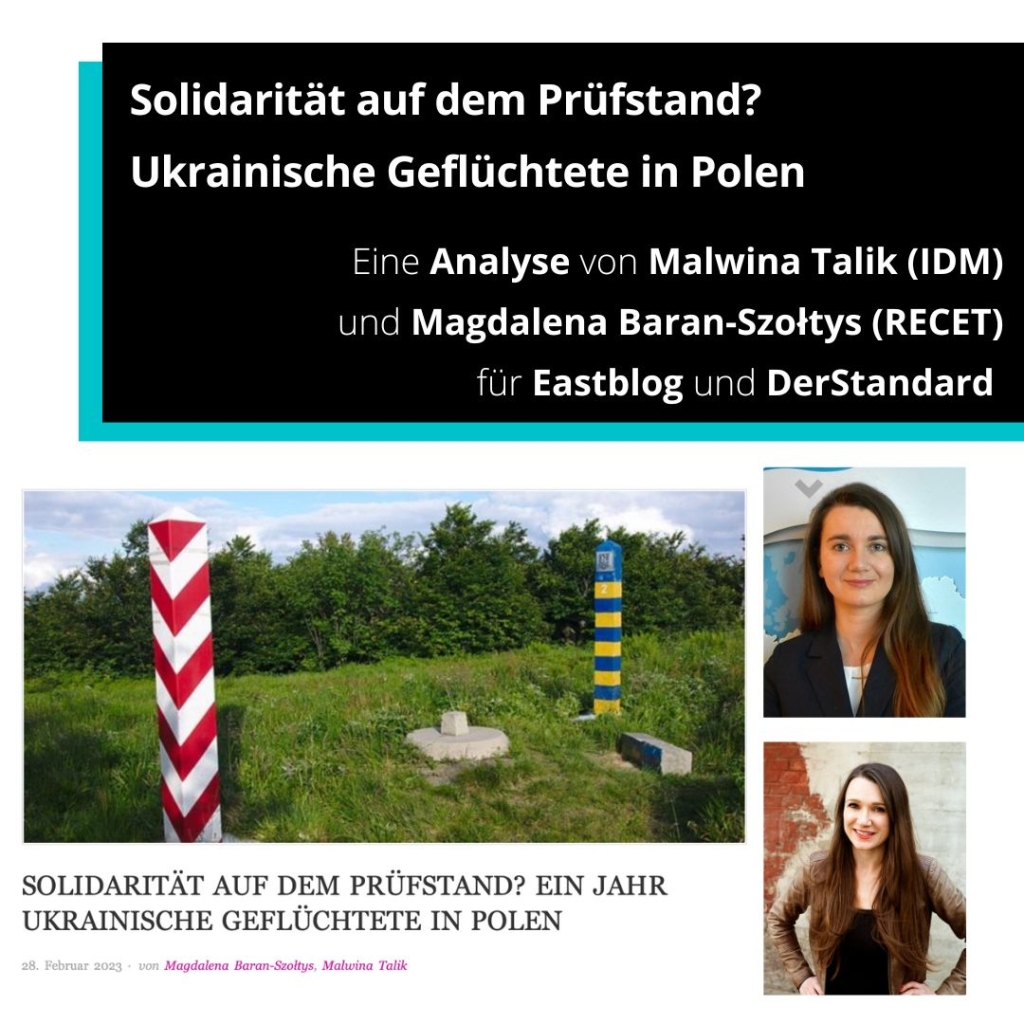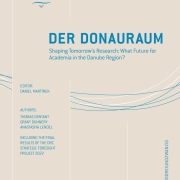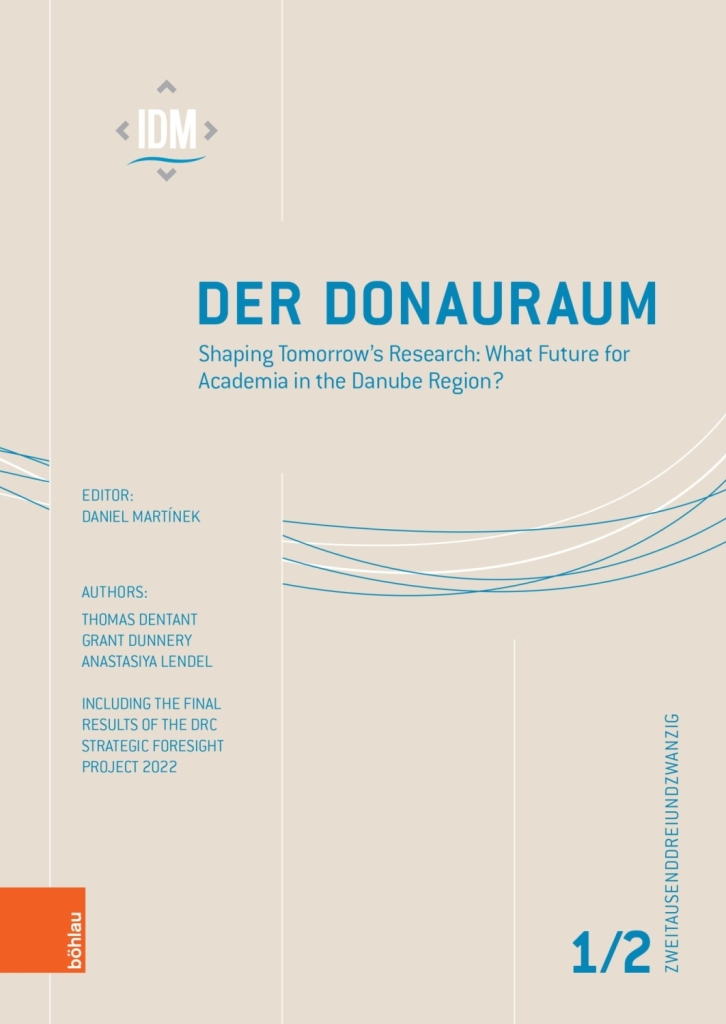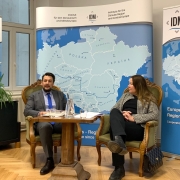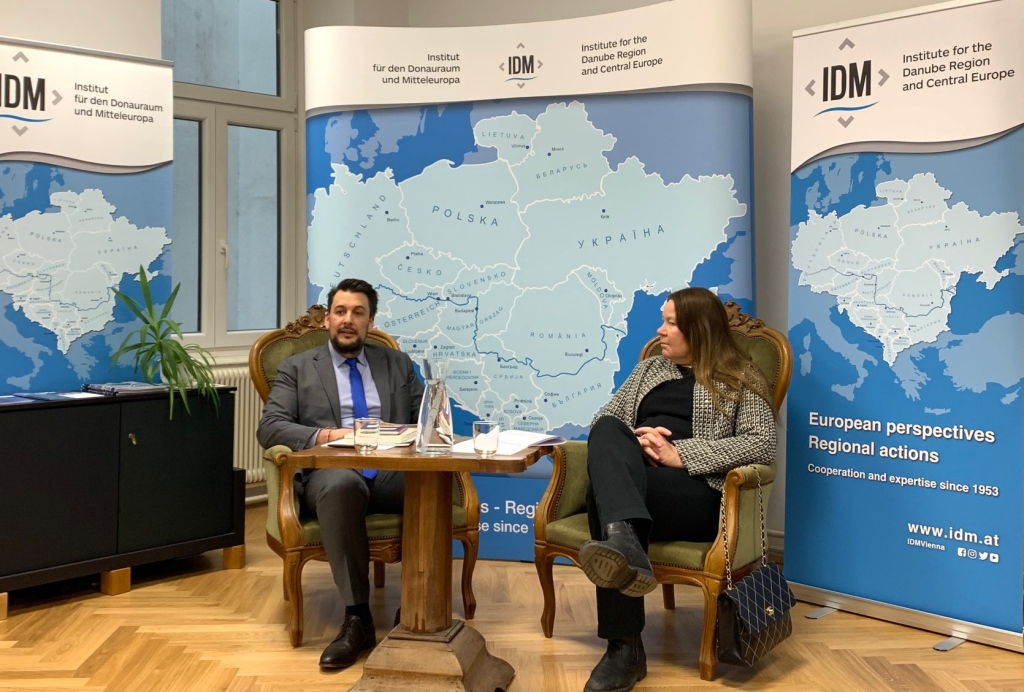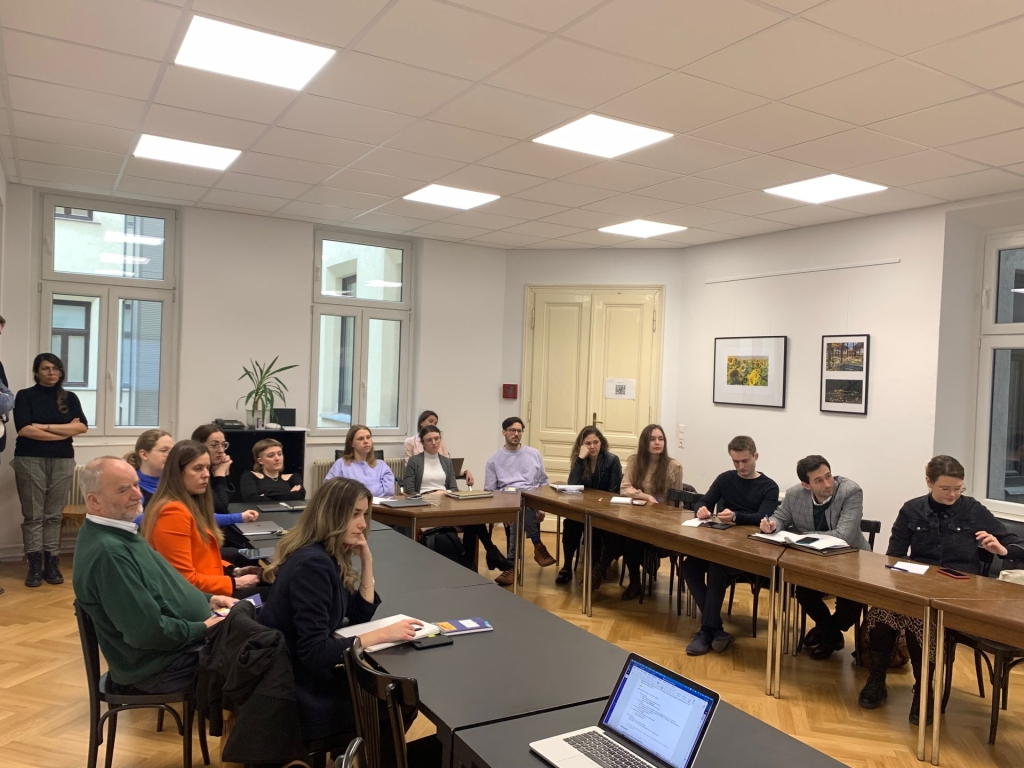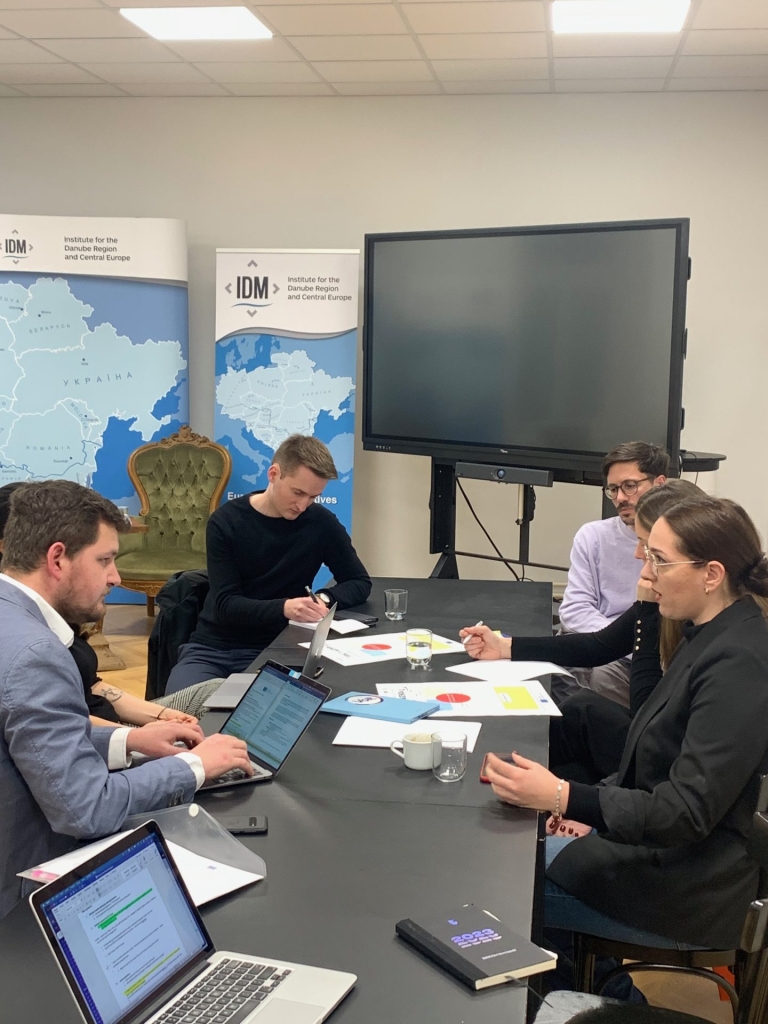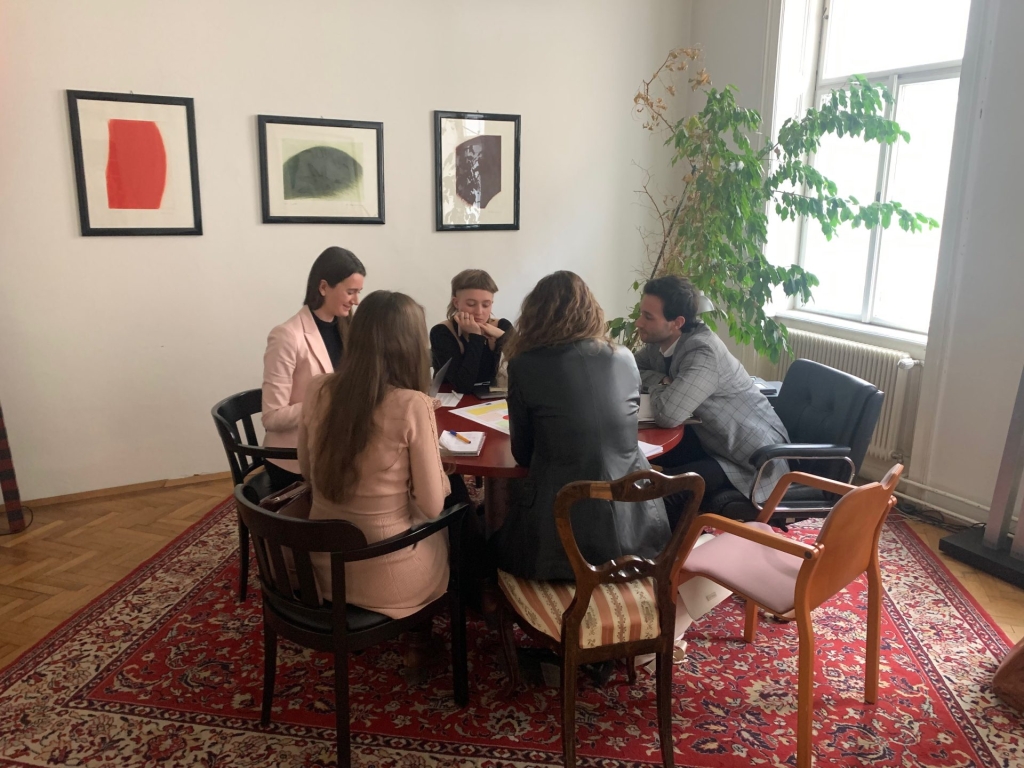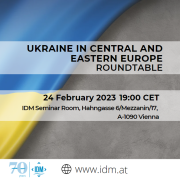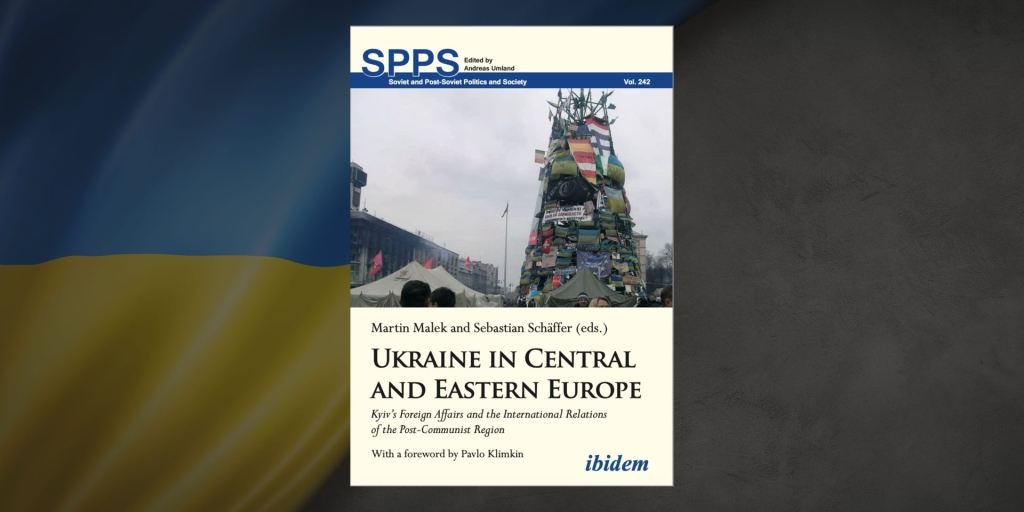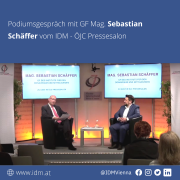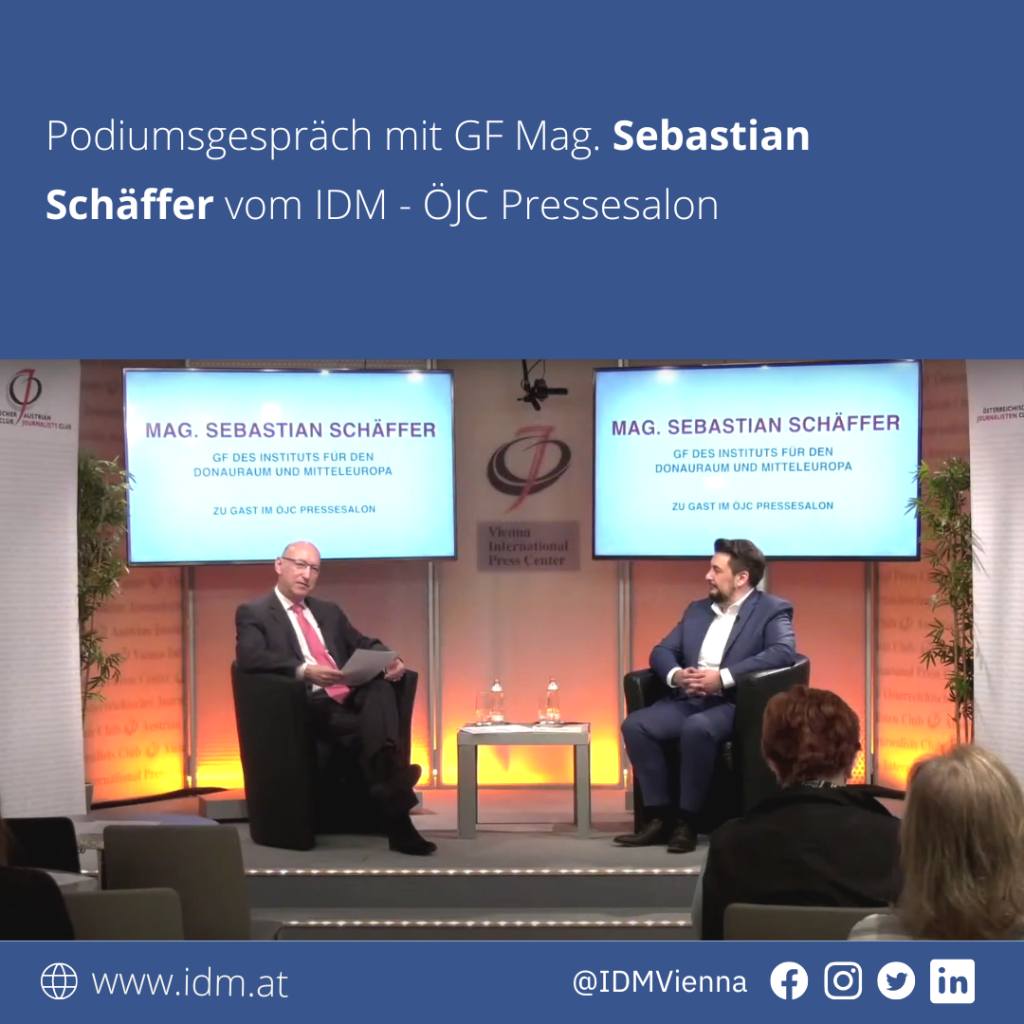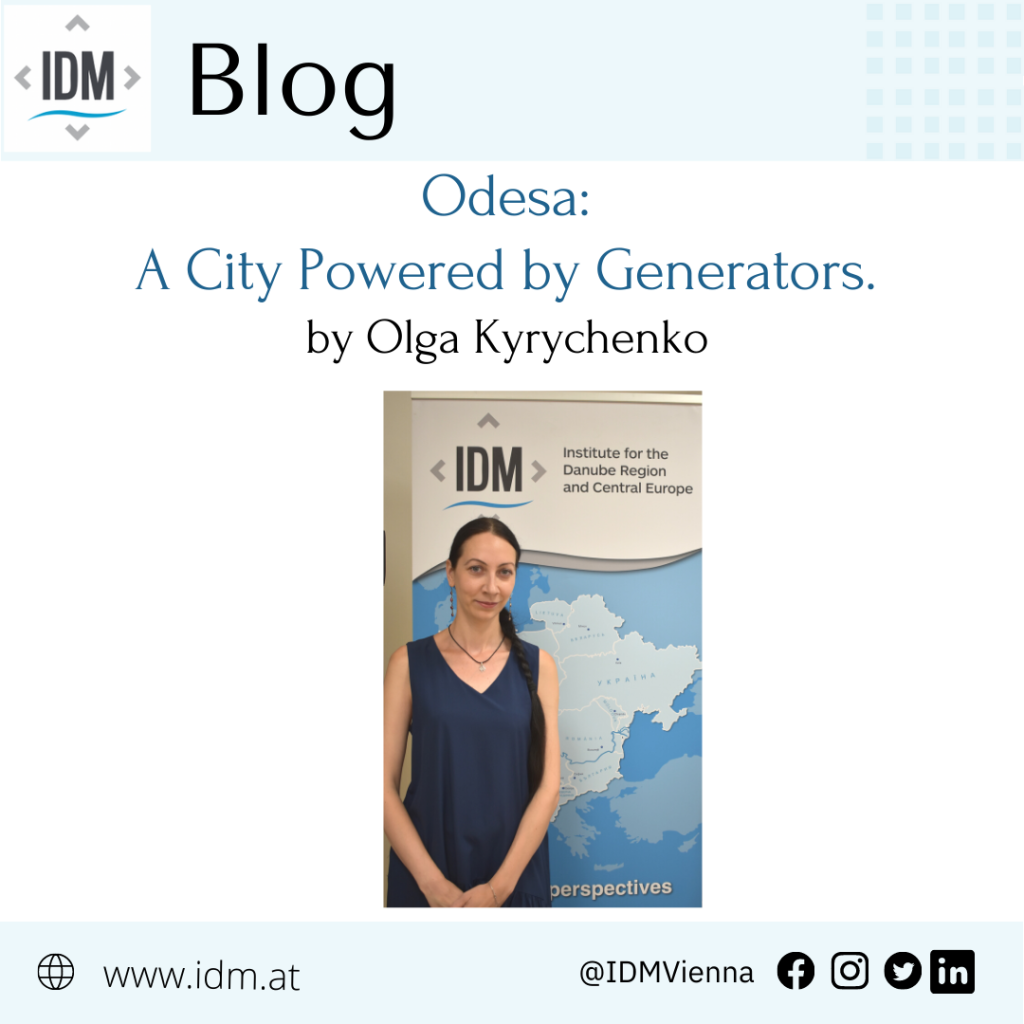
In her contribution for the IDM blog our former Ukraine-Fellow Olga Kyrychenko writes about the hardships of winter in her hometown Odesa at the Black Sea.
Winter in Odesa is special – we rarely see snow, but both children and adults are always sincerely happy about it. Thanks to our maritime climate, we often have cold and piercing winds, and the cold is felt even more deeply than it actually is. But how nice it is to come back to a warm house from the cold, and warm yourself with hot tea! It has always been this way for me, for as long as I can remember… but on February 24, 2022 everything changed.
That morning all Ukraine woke up to the sounds of explosions… “the war has begun”… such terrible scary words… but you truly feel all the horror of this word and what is actually happening only when you personally feel it by yourself. I would never wish for anyone to know what war is… it changes absolutely everything. Our perception of summer, spring, autumn, winter has also changed. Many Ukrainians still say “we didn’t have spring, summer, autumn… the whole year we have February 24th”. Our lives seem to be frozen in this day. Rockets take the lives of Ukrainians, destroy houses, and also our infrastructure, including energy facilities.
In Odesa, like in many other Ukrainian cities, many residents depend on electricity for heating. No light – no heating. And winters in Odesa are very cold; when the thermometer shows sub-zero temperatures, the cold is immediately felt more strongly, especially at night, when the frost becomes thicker. Our family is lucky – in our apartment there is heating from a gas stove, and we do not depend on electricity. Many Odesans have city heating, which depends on the operation of urban boiler houses that supply hot water to batteries. But there are many people whose heating comes from electricity, in other words, many have electric stoves. And even if you have heating, you cannot cook without the light. Now imagine, you are a mother of a small child. A rocket has destroyed an energy facility, and you, your family, your child are left without electricity. There is no way to heat water, there is no way to cook food. Often immediately after the rockets hit, many citizens of Odesa do not even have water (no water – no city heating). Fortunately, the power engineers quickly repair and supply water to the houses of Odesa residents. Under such circumstances, many Odesa citizens lived almost the entire winter without light, without heating, sometimes even without water. Have we ever wanted such a life for ourselves or our children? But Russian rockets decided that for us. Someone decided that our children do not need heating, do not need to eat warm, freshly cooked food, do not need to warm up after frosty air in a warm heated room. But Odesans did not break! We began to think about how to survive in the conditions in which we found ourselves. Some managed to make fires indoors to warm themselves. Food was also cooked on fires, some people managed to make a fire on the balcony and fry fish or meat on the grill… (never repeat these dangerous actions at your balconies and apartments!). But, nevertheless, the majority of citizens approached the issue of survival rationally: they stocked up on water and food, which is storable for a long time and does not need to be cooked (cookies, biscuits, canned food, etc.). Those who had the opportunity bought portable gas stoves on gas cylinders to be able to cook. With heating, everything is much more serious. Those who depend on electricity have no choice but to wait until the power lines are repaired and the power is turned on. Our electricians try very hard to do all the repair work as soon as possible, but not always does everything only depend on them. Repair work is not so fast, especially when it is cold outside, and there are also accidents after rocket attacks and repair attempts. Many Odesa citizens were left without electricity for several days (up to five or even more). Did you know that Odesa is one of the regions of Ukraine with the most frequent power outages? More often than not, we had no light. Almost all winter, if we did have power, then it was for no more than 4-6 hours a day. How do people warm up? A few layers of clothes, a few blankets. Does it help? Not much.
I also want to note the educational process, which also suffered in Odesa. In connection with the hostilities, schools and universities have transferred to online education. But due to the catastrophic situation with the power, the process was disrupted and very often lessons were cancelled, as there was no opportunity to conduct them. As a PhD student I felt it on myself, for several weeks in a row our lessons were cancelled. Sometimes there was not only no internet, but also no mobile connection to contact the lecturer. But, for those who are drawn to knowledge, blackouts are no hindrance.
All Ukrainians and our souls are warmed by something more than heating – it is a hope and faith in a speedy peace and our victory. And once again all Ukrainians will have spring, summer, autumn and winter! In a peaceful, rebuilt Ukraine!
In conclusion, I would like to say the following. Do you know what our Odesa looked like almost all of this winter? Especially its historical centre, which is now under UNESCO protection? It looks like a huge hive, only instead of bees, generators buzzed and instead of fresh frosty air we breathe in a smog from the generators. But there is nothing we cannot handle! Our city has been equipped many points where, in the absence of light, you can warm up, drink hot tea, and charge your gadgets. Now power engineers are doing everything possible and impossible to return light to the houses of Odesa citizens! And most important of all – Odessans are always ready to help each other. This is our strength! And, of course, our unity and fortitude! We will definitely have both our light and heating back! There will be spring, summer, autumn and beautiful winter for us and our children! But the most important thing is that it will be our victory and there will be peace in our land! And we believe it will happen very soon.

